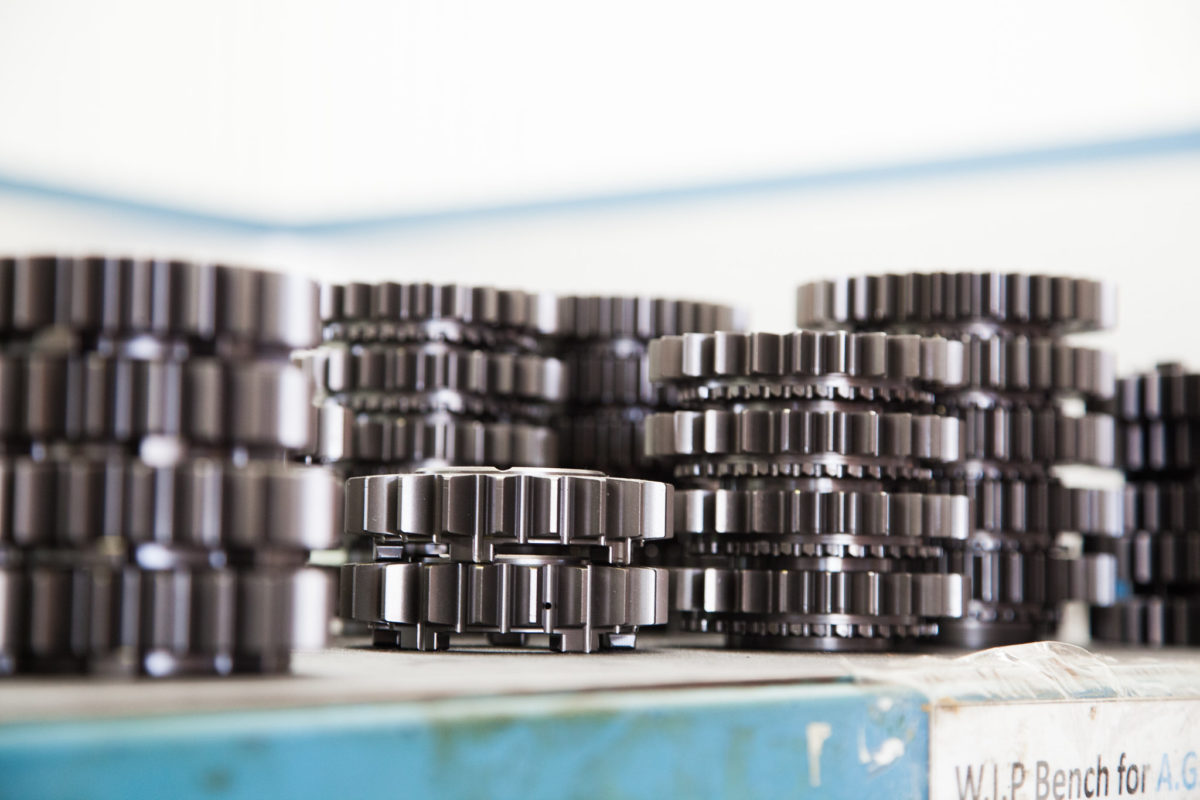Is the supply chain crisis about to get worse? Government will finally introduce EU import controls in January
The government have delayed the introduction of controls on EU goods for a reason: they fear the consequences for an already fragile economy with chronic supply chain problems.

There will be no further stay of execution, say the government. After repeated delays, import controls on goods coming from the EU will finally be introduced in January 2022.
This creates a lot of additional bureaucracy for traders that now have to deal with VAT compliance, border checks on goods, rules of origin declarations, and customs declarations. As we’ve covered on Brexit Spotlight, these changes have already been introduced on the EU side, meaning that following the end of the transition period until now, EU exporters were systematically advantaged over their UK competitors.
There is concern over how these checks will impact the economy. They are likely to compound supply chain issues. While this is a global problem, not caused exclusively by Brexit, it is accentuated by the exit from the EU.
What is the supply chain crisis?
The supply chain crisis refers to bottlenecks and shortages in the labour process. It has been caused, broadly, by three things: (a) shortages of materials, (b) shortages of staff and (c) transport delays. These problems have come at a time of increased demand as we move out of lockdown – so increased need for goods has gone alongside problems of supply. Examples of how this is impacting the UK economy include: the shortages of HGV drivers leading to, for example, the petrol crisis in forecourts we saw in September; the lack of CO2 suitable for use in food production; rising demand and falling supply of semiconductors; and shortages of abattoir workers, leading to a cull of pigs across the UK farming sector. In each of these areas, there is also an environmental dimension, and – at the fundamental level – all production and distribution is about how to organise labour’s relationship to the ecology.
Brexit has primarily aggravated two features of the crisis. First, it has led to staff shortages with the end of freedom of movement as EU nationals lose their right to work in the UK. While it is by no means the only factor involved, this situation does goes some way to explaining why there are now 1.1m job vacancies in the UK labour market – the highest figure since records began (in 2001). Second, Brexit has also created bottlenecks and shortages in the supply of goods, as it establishes barriers that make trade with the European market harder.
A particular problem Brexit poses for the UK economy lies in the existence of integrated supply chains across Europe. Overtime the EU created a high level of economic interdependence. This made it very straightforward for companies to buy goods in one part of the single market in order to input into the production of products elsewhere. This allows companies to develop ‘just in time supply chains’, which sees materials arrive on site just at the moment that they will be needed, reducing storage costs, increasing efficiency and – consequently – boosting profits.
As a 2018 report from the Institute of Fiscal Studies put it:
“Supply chains play a particularly important role in UK-EU trade. Not only is the EU the UK’s largest source of imports (accounting for 54% of the total in 2016), but a majority of these imports now take the form of intermediate goods and services. These are goods or services that add to the value of a product which firms then sell either for further processing or for final consumption. Tin used to produce a can is an intermediate good. A tin of beans sold to a supermarket for sale to consumers is not.
“Nearly 70% of the UK’s exports to the EU take the form of intermediate inputs to production of other goods and services. The relative importance of the EU in the UK’s trade thus largely reflects the role UK industries play in EU-wide supply chains.”
COVID-19, Brexit and their aftermath have exposed the fragility of these processes. The government have been slow to introduce checks on EU goods in part due to their fear that they will make this situation worse, as more checks could adversely affect integrated supply chains.
Small businesses, not ready?
There have also been concerns that Small and Medium sized Enterprises (SMEs) are still not prepared for the introduction of the new system. These companies account for a large component of the UK import trade. In 2019, they were responsible for goods imports from the EU worth £91.7 billion. But a recent survey by the Federation of Small Businesses (FSB) found that only 25% of companies impacted by these changes are prepared for them.
SMEs companies face a particular challenge in this respect. Whereas large corporations have the resources to adapt, for example by investing in storage space to protect their supply chains, smaller companies may well be squeezed. This could accentuate the existing trend towards a big-capital-dominated economic system at the expense of SMEs. But, on the other hand, even large corporates may find some of these problems hard to adapt to.
Taken together, this makes the latest step on the Brexit journey a key landmark for attempts to assess the fallout from this political and economic experiment and – crucially from our perspective – develop radical alternatives.
December 9, 2021
Brexit Spotlight is run by Another Europe Is Possible. You can support this work by joining us today. The website is a resource to encourage debate and discussion. Published opinions do not necessarily represent those of Another Europe.





